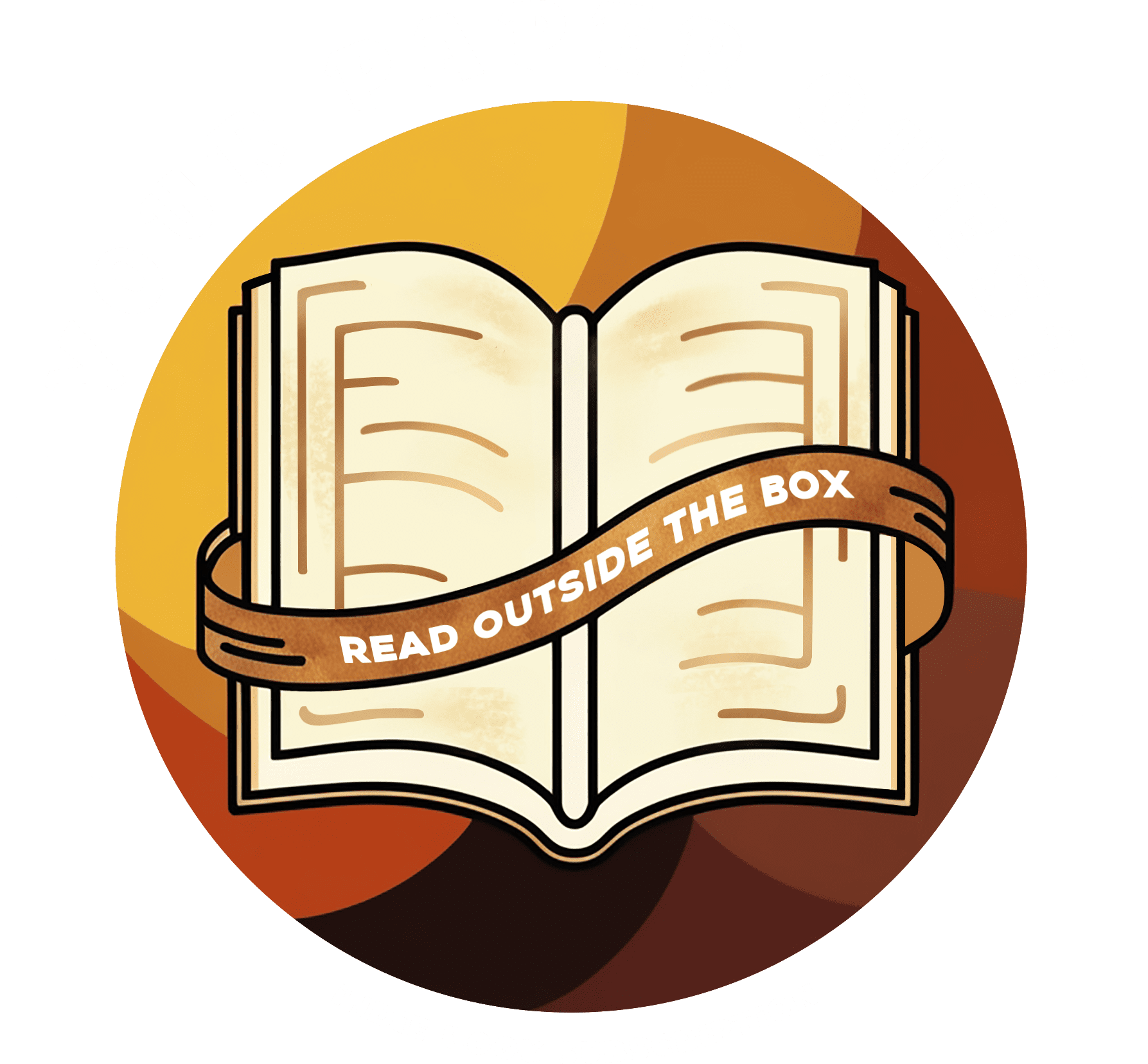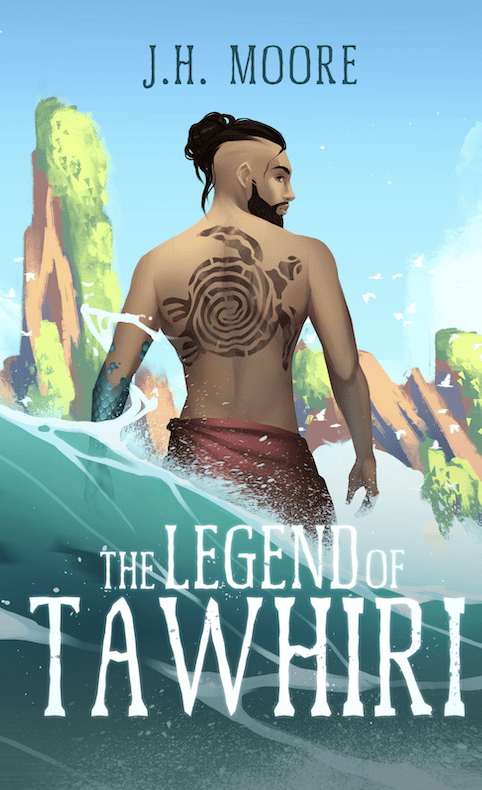J. H. MOORE
THE LEGEND OF TAWHIRI
As an avid reader during my childhood overseas, I was always just under the assumption that I would publish one day. It seemed a natural next step. I did write several books throughout my childhood, but eventually pursued publishing as a way to create a lasting impact. I have always been concerned with legacy and impact, and writing and publishing seemed the best way to leave my voice for future generations. Initially, my focus was on an epic fantasy I had begun writing as a Lord of the Rings-obsessed teenager. It wasn’t long, however, before I found my passion for Science Fiction. The Legend of Tawhiri was my return to fantasy, though in a very different form than it first took.
When I decided to pursue publishing, I started right into research. I did find, quickly, that the prospects didn’t seem encouraging. Not only was it difficult to even get a debut picked up, but the possibilities of making a living were increasingly small. During that time period, Hugh Howey was quite popular in the indie community. I found a well-researched and insightful talk he gave, detailing some of the benefits of indie publishing, and decided to focus on my research in this direction. What most interested me was the level of control I’d be able to keep over the process. While I trusted professionals to do their jobs well, the disconnect between publishing professionals and readers seemed too vast. I liked the idea of preserving my voice, my reason for writing in the first place, and knowing that my goals and my metric for success would be entirely mine to decide…
Due to my childhood in Papua New Guinea, there was less research required for this story than I typically would have done. It was, in many ways, a break from the typically intense research I do for my science fiction stories. Because I chose to broaden my scope to include various Polynesian and South Pacific cultures, rather than focusing only on PNG, I put effort into incorporating a wide range of experiences. I also had to put a lot of time into researching the type of story I wanted to tell. I’m typically known for tightly paced stories with a lot of forward momentum, while this story was more about a sense of wonder and inviting the reader to experience a different type of life experience.
Most of the research I did into Papua New Guinean culture consisted of asking my father for stories, speaking Pidgin English with my siblings, and connecting with old friends. The family pictures and YouTube videos featuring my former haunts came in useful as well.
My best advice for new authors is to stay curious and ask a lot of questions. My knee-jerk reaction when facing a scary thing is to do research. I like to see the road ahead. This has served me in so many ways. As a creative, having a collection of “useless” facts gives me a lot of places to start. When it comes to writing craft, asking questions and collecting information has helped me to better know how to tell the story I want to tell. For marketing and publishing, knowing best practices before pushing to publish helped me avoid a lot of early mistakes. And, perhaps most importantly, being curious about my writing community helped me form a publishing team and get the support I so desperately needed early on in my career. Curiosity is the best tool in any author’s toolbox.


